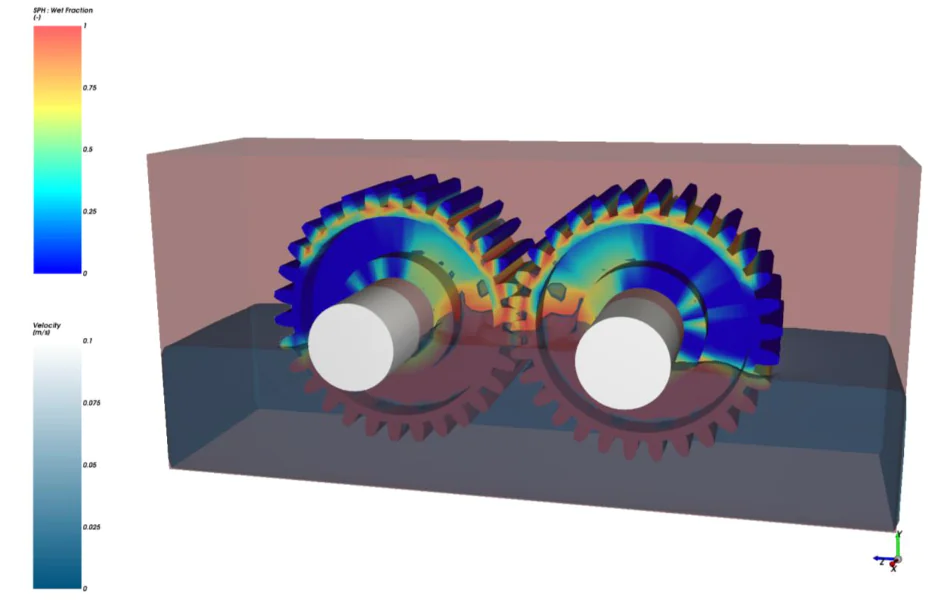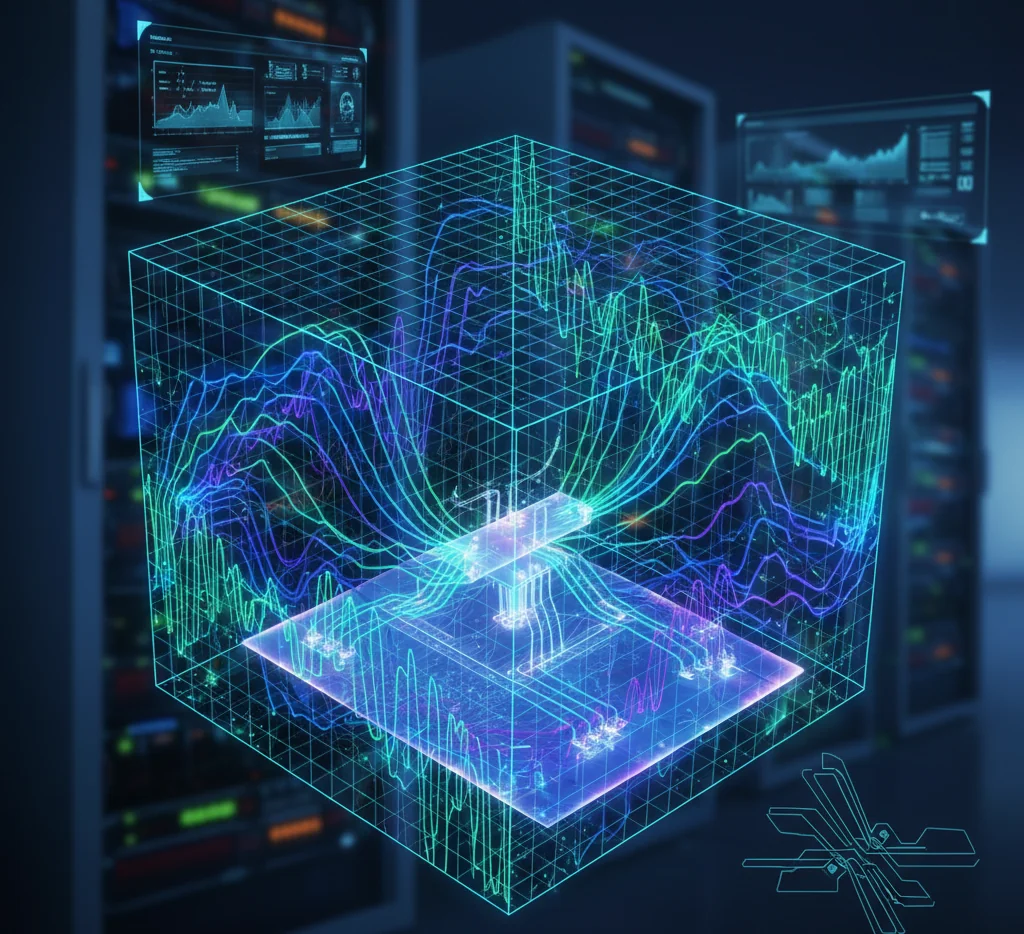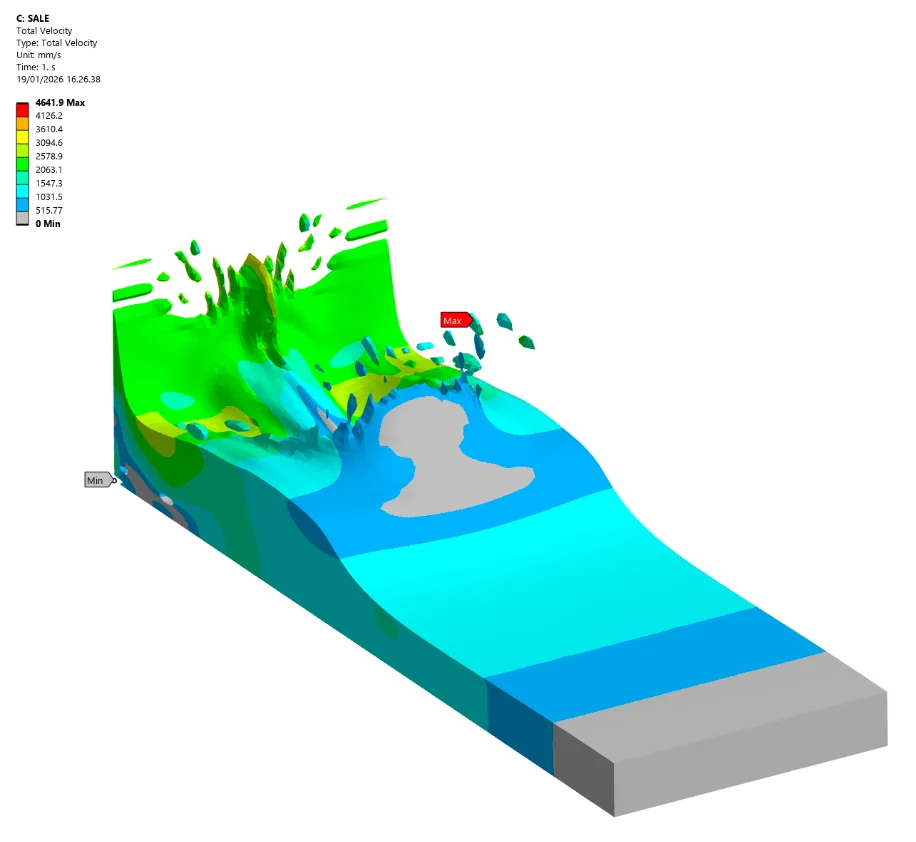Electrification is powering the way to a sustainable future. As we move further toward deadlines set by the global community, exacting demands have been placed on us all to meet the challenges we face in delivering these objectives. Simulation accelerates the way forward.
Powering Electrification through Simulation
Increasing awareness coupled with international legislation has heightened our expectations, but also requires a focus on how individuals – and industry – can adapt for the sake of the environment. But how do we continue to aspire, improve, innovate, increase efficiency and adapt, whilst negating the impact on our planet?
One key solution: electrification. And simulation is accelerating the innovation needed.


Batteries and Battery Management Systems (BMS)
Designing a battery for electric transportation or consumer products? Engineers should be able to rapidly evaluate trade-offs while minimizing reliance on arbitrary design rules and expensive physical testing. Accurate simulation gets the results you need from electrochemistry to electrode, cell, module, pack and system and the coupling of different physics.
Electric Motor Design, Analysis and Verification
Ansys offers a complete workflow that progresses from concept design to detailed electromagnetics, thermal and mechanical analyses of the motor. Coupled electromagnetic-thermal-stress-and vibro-acoustics simulation of the motor using Ansys tools results in a high-fidelity, accurate, robust design optimized for performance, cost and efficiency.
Design and Optimization of Power Electronics
System-level design, analysis and optimization solutions for power electronic systems inclusive of inverters, converters, electric machines, sensors, semiconductors, circuit boards and cables – simulation provides a significant impact on power electronic design. Our tools help solve issues like semiconductor loss and thermal performance during cycling, surge currents and voltages during switching, and conducted and radiated emissions (EMI/EMC) due to higher switching frequencies.












